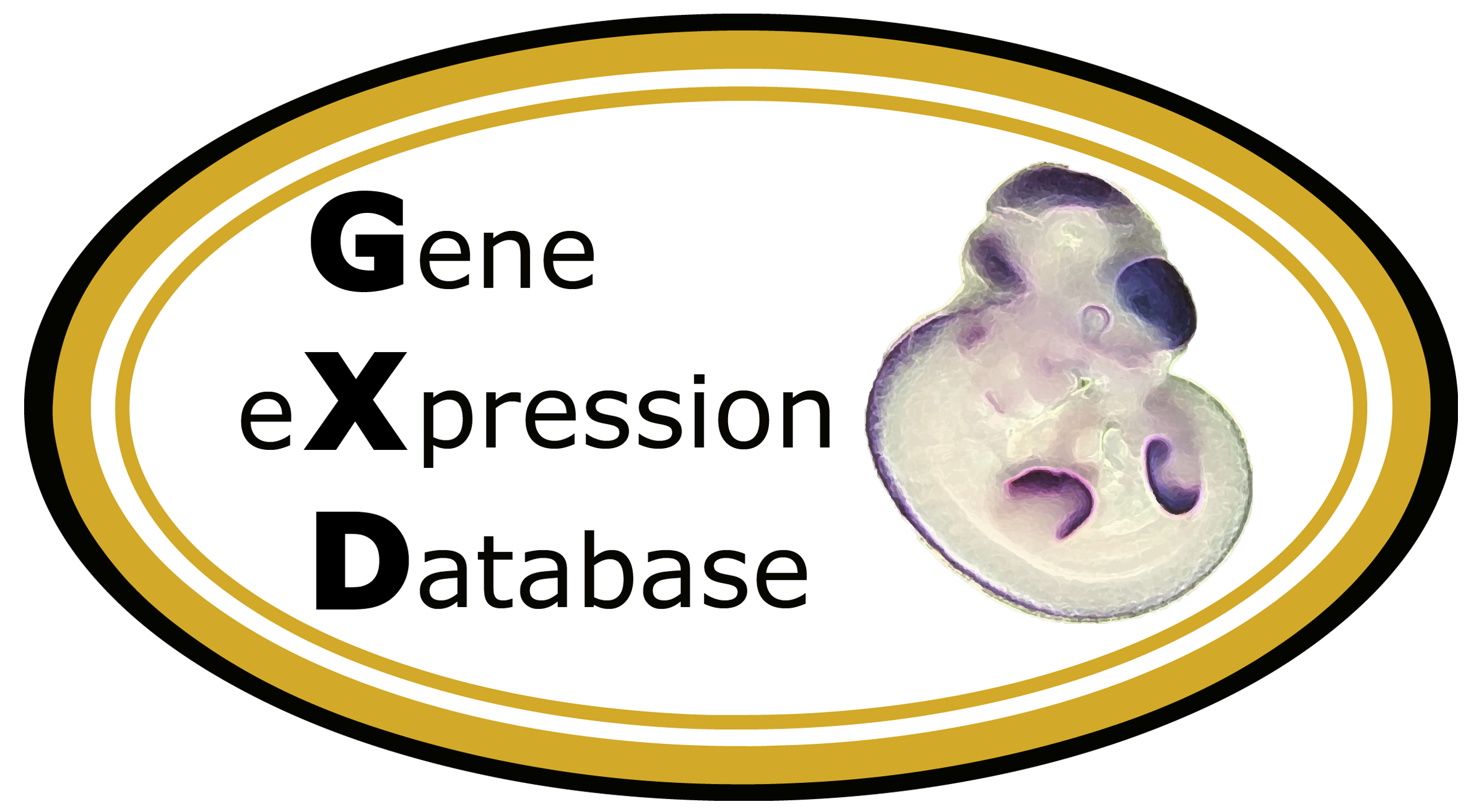| Elovl2 ELOVL fatty acid elongase 2
(Synonyms:
elongation of very long chain fatty acids (FEN1/Elo2, SUR4/Elo3, yeast)-like 2, Ssc2)
|
| Results | Reference |
| 1* | J:107820 Corbo JC, Cepko CL, A Hybrid Photoreceptor Expressing Both Rod and Cone Genes in a Mouse Model of Enhanced S-Cone Syndrome. PLoS Genet. 2005 Aug 5;1(2):e11 |
| 1* | J:153498 Diez-Roux G, Banfi S, Sultan M, Geffers L, Anand S, Rozado D, Magen A, Canidio E, Pagani M, Peluso I, Lin-Marq N, Koch M, Bilio M, Cantiello I, Verde R, De Masi C, Bianchi SA, Cicchini J, Perroud E, Mehmeti S, Dagand E, Schrinner S, Nurnberger A, SchmidtK, Metz K, Zwingmann C, Brieske N, Springer C, Hernandez AM, Herzog S, Grabbe F, Sieverding C, Fischer B, Schrader K, Brockmeyer M, Dettmer S, Helbig C, Alunni V, Battaini MA, Mura C, Henrichsen CN, Garcia-Lopez R, Echevarria D, Puelles E, et al., A high-resolution anatomical atlas of the transcriptome in the mouse embryo. PLoS Biol. 2011;9(1):e1000582 |
| 1* | J:171409 GUDMAP Consortium, GUDMAP: the GenitoUrinary Development Molecular Anatomy Project. www.gudmap.org. 2004; |
| 1* | J:153683 Jia L, Oh EC, Ng L, Srinivas M, Brooks M, Swaroop A, Forrest D, Retinoid-related orphan nuclear receptor RORbeta is an early-acting factor in rod photoreceptor development. Proc Natl Acad Sci U S A. 2009 Oct 13;106(41):17534-9 |
| 1 | J:216600 Lau CG, Marikawa Y, Morphology-based mammalian stem cell tests reveal potential developmental toxicity of donepezil. Mol Reprod Dev. 2014 Nov;81(11):994-1008 |
| 1* | J:193822 Lumayag S, Haldin CE, Corbett NJ, Wahlin KJ, Cowan C, Turturro S, Larsen PE, Kovacs B, Witmer PD, Valle D, Zack DJ, Nicholson DA, Xu S, Inactivation of the microRNA-183/96/182 cluster results in syndromic retinal degeneration. Proc Natl Acad Sci U S A. 2013 Feb 5;110(6):E507-16 |
| 1* | J:204477 Sassa T, Ohno Y, Suzuki S, Nomura T, Nishioka C, Kashiwagi T, Hirayama T, Akiyama M, Taguchi R, Shimizu H, Itohara S, Kihara A, Impaired epidermal permeability barrier in mice lacking elovl1, the gene responsible for very-long-chain fatty acid production. Mol Cell Biol. 2013 Jul;33(14):2787-96 |
| 2* | J:147173 Sultana DA, Tomita S, Hamada M, Iwanaga Y, Kitahama Y, Khang NV, Hirai S, Ohigashi I, Nitta S, Amagai T, Takahashi S, Takahama Y, Gene expression profile of the third pharyngeal pouch reveals role of mesenchymal MafB in embryonic thymus development. Blood. 2009 Mar 26;113(13):2976-87 |
| 1* | J:122989 Visel A, Thaller C, Eichele G, GenePaint.org: an atlas of gene expression patterns in the mouse embryo. Nucleic Acids Res. 2004 Jan 1;32(Database issue):D552-6 |
| 1* | J:225638 Yoshida S, Mears AJ, Friedman JS, Carter T, He S, Oh E, Jing Y, Farjo R, Fleury G, Barlow C, Hero AO, Swaroop A, Expression profiling of the developing and mature Nrl-/- mouse retina: identification of retinal disease candidates and transcriptional regulatory targets of Nrl. Hum Mol Genet. 2004 Jul 15;13(14):1487-503 |
| 2 | J:346053 Zhang J, Ruiz M, Bergh PO, Henricsson M, Stojanovic N, Devkota R, Henn M, Bohlooly-Y M, Hernandez-Hernandez A, Alsheimer M, Boren J, Pilon M, Shibuya H, Regulation of meiotic telomere dynamics through membrane fluidity promoted by AdipoR2-ELOVL2. Nat Commun. 2024 Mar 14;15(1):2315 |
 Analysis Tools
Analysis Tools



